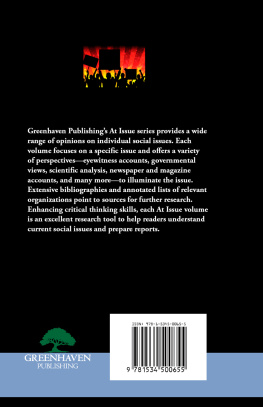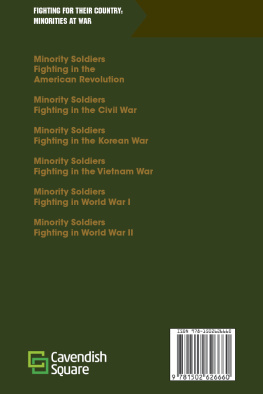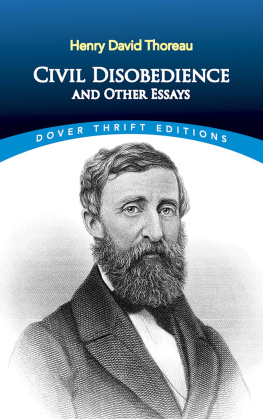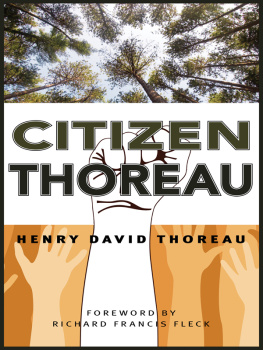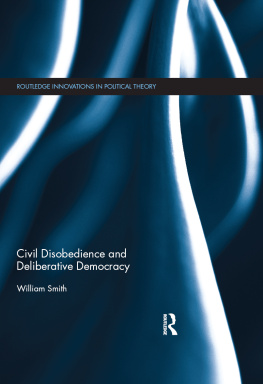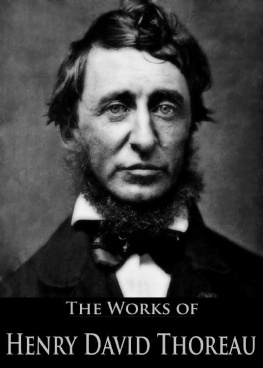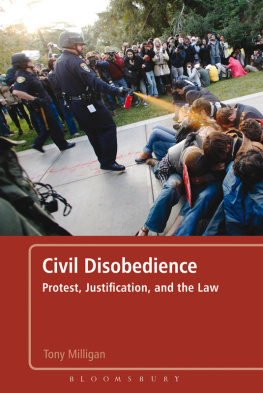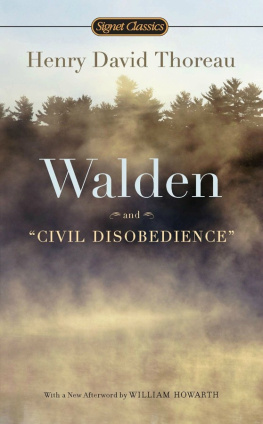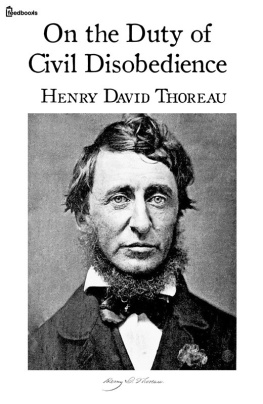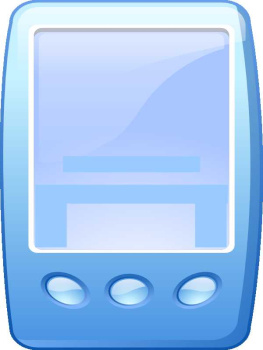Civil Dis obedience
Other Books in the At Issue Series
Are Graphic Music Lyrics Harmful?
Banned Books
Bilingual Education
Caffeine
Campus Sexual Violence
Can Diets Be Harmful?
Childhood Obesity
Corporate Corruption
Domestic Terrorism
Environmental Racism
Gender Politics
Guns: Conceal and Carry
The Right to a Living Wage
Trial by Internet
When Is Free Speech Hate Speech?
Civil Disobedience
Elizabeth Schmermund, Book Editor
Published in 2018 by Greenhaven Publishing, LLC
353 3rd Avenue, Suite 255, New York, NY 10010
Copyright 2018 by Greenhaven Publishing, LLC
First Edition
All rights reserved. No part of this book may be reproduced in any form without permission in writing from the publisher, except by a reviewer.
Articles in Greenhaven Publishing anthologies are often edited for length to meet page requirements. In addition, original titles of these works are changed to clearly present the main thesis and to explicitly indicate the authors opinion. Every effort is made to ensure that Greenhaven Publishing accurately reflects the original intent of the authors. Every effort has been made to trace the owners of the copyrighted material.
Cover image: jugulator/Shutterstock.com
Library of Congress Cataloging-in-Publication Data
t/k
Manufactured in The United States of America
Website: http://greenhavenpublishing.com
Contents
Introduction
Civil Disobedience Has Successfully Been Used Many Times in the Past
New World Encyclopedia Editors
Philosophers and Activists Have Long Debated the Use and Morality of Civil Disobedience
Donald M. Borchert
Civil Disobedience Is a Threat to Our Society
Morris L. Leibman
Civil Disobedience Is a Christian Act
Duane Heffelbower
Christians Must Use Civil Disobedience Against Our Nuclear Security State
Jim Douglass
Environmental Activists Have a Legal Obligation to Use Civil Disobedience
Jeremy Brecher
Students Must Find Ways to Take Non-Violent Action Against Climate Change
Harvard University Center for the Environment
The Time Is Now to Use Mass Action to Stop Crimes Against the Environment
Kara Moses
Pro-Life Activists Can and Should Use Civil Disobedience Against Abortion
Francis J. Beckwith
Civil Disobedience Must Be Used According to Martin Luther King Jr.s Principles
John Dear
Civil Disobedience Plays an Important Role in Democracy
Kayla Starr
Civil Disobedience Will Always Be Necessary, but We Must Keep It Relevant
Philip Wight
War Tax Resistance Works Against Unjust Wars
David Gross
Resisting War Tax Is as Necessary Today as It Was in Colonial America
War Resisters League
Online Activists Can Be Treated as Criminals Under the Computer Fraud and Abuse Act
Christie Thompson
Hacktivism Will Become an Important Tool in Future Civil Disobedience
Gavin Mueller
Organizations to Contact
Bibliography
Index
Introduction
F ew would disagree that civil disobedience has been foundational to democratic societies around the world. However, this doesnt mean that people havent argued against the uses and practicalities of civil disobedience in the past. For example, lawyer and Presidential Medal of Freedom recipient Morris L. Leibman famously declared that civil disobedience was a threat to American society, in an article reprinted many times in the fifty years since it was first published and found in this compendium. Others have argued over the definition of civil disobedience itself, including whether or not the definition allows the use of violence in the pursuit of justice. Yet others have argued over the practicality of such action, particularly if it has the potential of harming a groups interest in the court of public opinion in politically divisive moments such as those we face today.
Very simply, civil disobedience is defined by the New World Encyclopedia as the active refusal to obey certain laws, demands, and commands of a government or of an occupying power without resorting to physical violence. This definition hinges on the belief that laws themselves can be unjust and that it can be a moral obligation to disobey these unjust laws. Few people would disagree that laws are created by fallible men and women and, thus, can be imperfect and, even more, reflect the prejudices of the time in which they are enacted. For example, slavery and then segregation were legal in the United States from the 1600s, until the Civil Rights Act of 1964 banned all state and local laws that allowed racial segregation to continue. This law, overturning previous laws that had instituted racially discriminatory laws in the first place, was only reversed in light of active non-violent protests and civil disobedience led by such figures as Martin Luther King Jr. In an international context, famous resisters of unjust laws include Nelson Mandela, who fought against apartheid in South Africa, and Mahatma Gandhi, who fought against English rule without representation in India.
Yet another important figure in civil disobedience is Henry David Thoreau, who is often credited with initiating the modern notion of non-violent action. In the mid-nineteenth century, Thoreau refused to pay his taxes in light of his condemnation of certain US policies, including slavery and an escalation of violence in the Mexican-American War. He was jailed for one night before being released when a neighbor paid the taxes that Thoreau owed. However, Thoreau incorporated his experiences and his belief in the duty of citizens to resist their governments unjust laws in the seminal essay Civil Disobedience (1849). This work solidified the philosophy behind non-violent resistance to unjust laws and personally influenced famous activists, including King, Mandela, and Gandhi, as well as Rosa Parks, Dolores Huerta, and others.
Since Thoreau, civil disobedience has been perhaps most notably used in the US civil rights movement, where marches, sit-ins, freedom rides, and other forms of protest were used to great effectand which generated much publicity for activists causes. But civil disobedience has also been used by war resisters, many of whom have publically refused to pay any taxes when these funds are used by the United States government to fund military actions abroad. The War Resisters League is one of the earliest organizations to create an organized action against US-funded war and was created in 1923 by a New York City teacher named Jessie Wallace Hughan to fight against the drafting of young men into World War I. The War Resisters League is still an active presence today, and its ranks have swelled in the face of many recent and unpopular wars, including the wars in Iraq and Afghanistan during the early twenty-first century. As terrorist threats and wars in the Middle East have proliferated in recent years, members of the War Resisters League have become even more outspoken about their positions and have called on other citizens to resist unjust wars through the best means availabletheir wallets.

